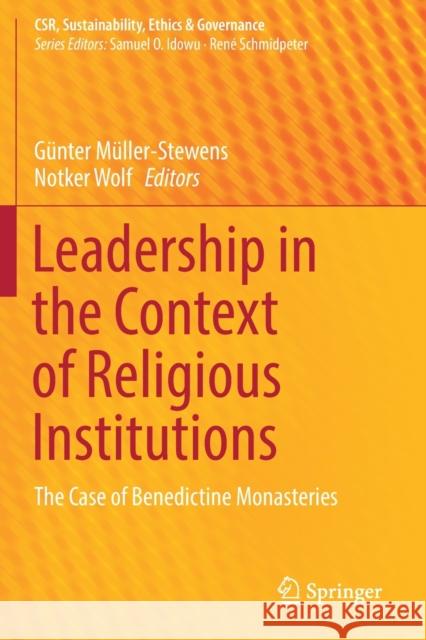Leadership in the Context of Religious Institutions: The Case of Benedictine Monasteries » książka
topmenu
Leadership in the Context of Religious Institutions: The Case of Benedictine Monasteries
ISBN-13: 9783030137717 / Angielski / Miękka / 2020 / 149 str.
Leadership in the Context of Religious Institutions: The Case of Benedictine Monasteries
ISBN-13: 9783030137717 / Angielski / Miękka / 2020 / 149 str.
cena 242,07
(netto: 230,54 VAT: 5%)
Najniższa cena z 30 dni: 231,29
(netto: 230,54 VAT: 5%)
Najniższa cena z 30 dni: 231,29
Termin realizacji zamówienia:
ok. 22 dni roboczych
Bez gwarancji dostawy przed świętami
ok. 22 dni roboczych
Bez gwarancji dostawy przed świętami
Darmowa dostawa!
Kategorie:
Kategorie BISAC:
Wydawca:
Springer
Seria wydawnicza:
Język:
Angielski
ISBN-13:
9783030137717
Rok wydania:
2020
Wydanie:
2019
Numer serii:
000464707
Ilość stron:
149
Waga:
0.24 kg
Wymiary:
23.39 x 15.6 x 0.89
Oprawa:
Miękka
Wolumenów:
01
Dodatkowe informacje:
Wydanie ilustrowane











